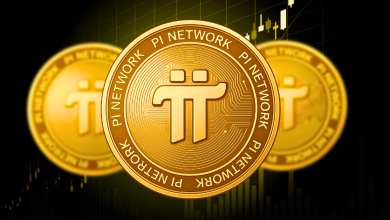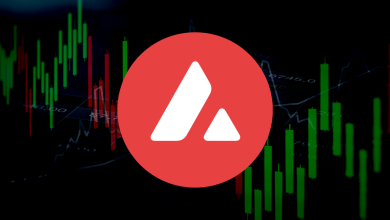
Younger Koreans see crypto as a potential escape from their modest lifestyle.
Institutional interest is also high, but navigating political and rigid corporate structures is challenging.
MAS is committed to regulating crypto firms and has granted licenses to Coinbase and Circle.
As the digital revolution sweeps across the globe, Asia emerges as a pivotal player in the crypto innovation scene. With nations like South Korea, Singapore, and Hong Kong leading the way, this report offers an in-depth look into the region’s digital asset trends, challenges, and opportunities.
We know you’re itching to know the details. Read on!
South Korea: Crypto’s Rising Star
South Korea has long been a hotbed for crypto speculation, with its retail trading culture driving significant interest in digital assets. According to a recent conference attendee, “interest in crypto is incredibly strong among retail traders in South Korea and part of that has to do with the country’s culture of gambling.” Younger Koreans see wealth from traditional assets like real estate or corporate equities out of reach, making crypto a potential escape hatch from a modest lifestyle.
Institutional interest is also high in South Korea, with certain crypto-focused firms raising over $100 million in the region. BitGo, for example, signed a strategic agreement with Korean heavyweight Hana Bank. While the liquidity is impressive, doing business in South Korea requires navigating political and rigid corporate structures.
“They don’t buy houses, but they can buy tokens every week,” said another conference attendee. “There is a huge market.”
Also Read: USA Turns Anti-Crypto! Will Asia Take The Throne?
Hong Kong: A Strategic Crypto Hub
Hong Kong’s strategic position makes it a significant player in the crypto world, with China seemingly supporting its growth. In 2021, the city introduced a licensing system for virtual asset trading platforms. This move allowed platforms like HashKey and OSL to cater to retail clients. Additionally, the city’s regulatory body has been proactive in issuing guidelines to oversee digital asset activities.
During the 2021 Hong Kong Fintech Week, Christopher Hui, Hong Kong’s Financial Services and Treasury Secretary, emphasized the city’s commitment to Web3 development. Despite regulatory challenges faced by some platforms, such as JPEX, Hui reiterated the city’s stable regulatory environment. Donald Day, from VDX, highlighted the advantages of operating within Hong Kong’s framework.
“The regulatory regime in Hong Kong is a competitive advantage for setting up and running a compliant digital asset business. While these jurisdictions had to make a 180-degree turn and tighten their regulatory frameworks, the framework in Hong Kong has been stable, reliable, and has now proven itself.”
Donald Day
Singapore: The Institutional Powerhouse
Singapore has attracted many global companies in the crypto and web3 space to set up their bases in the country. Over the last year, however, the city-state has seen several crises involving crypto players like Three Arrows Capital, Vauld, and Hodlnaut. The Monetary Authority of Singapore appears committed to regulating crypto firms, having recently granted licenses to Coinbase and Circle.
Gemini has also announced plans to increase its headcount in Singapore to over 100 employees.
Japan & Taiwan: Regulatory Progress
Japan updated its Payment Services Act in 2021 to address stablecoin regulations, aiming to protect investors in the wake of TerraUSD’s challenges. Additionally, Circle partnered with Japan’s SBI Holdings, signaling growth in the region.
Meanwhile, Taiwan is refining its crypto regulations. In 2021, Taiwan proposed a draft for crypto platform operations, emphasizing the need for permits. However, as highlighted by Yung-Chang Chiang, a Taiwanese lawmaker, while Taiwan introduced anti-money laundering rules, their enforceability remains a topic of discussion.
So, what’s your bet? Is Asia primed for crypto dominance, or will regulatory hurdles stall its progress?








